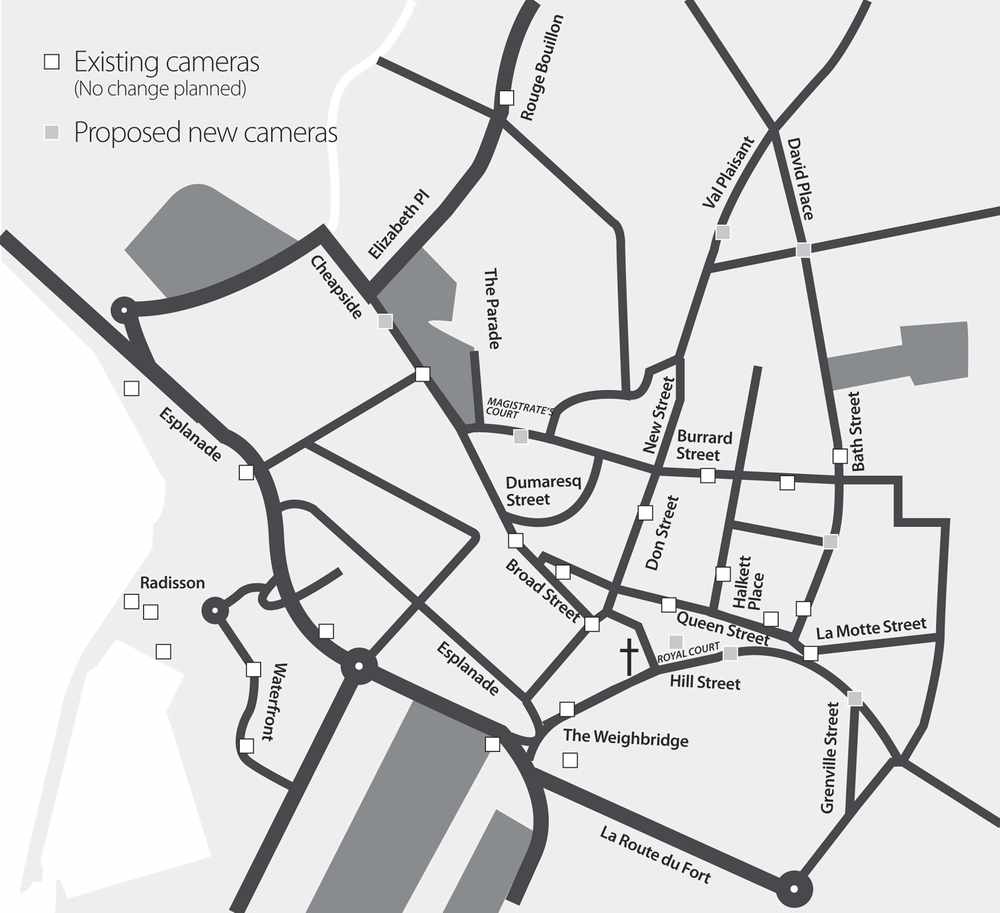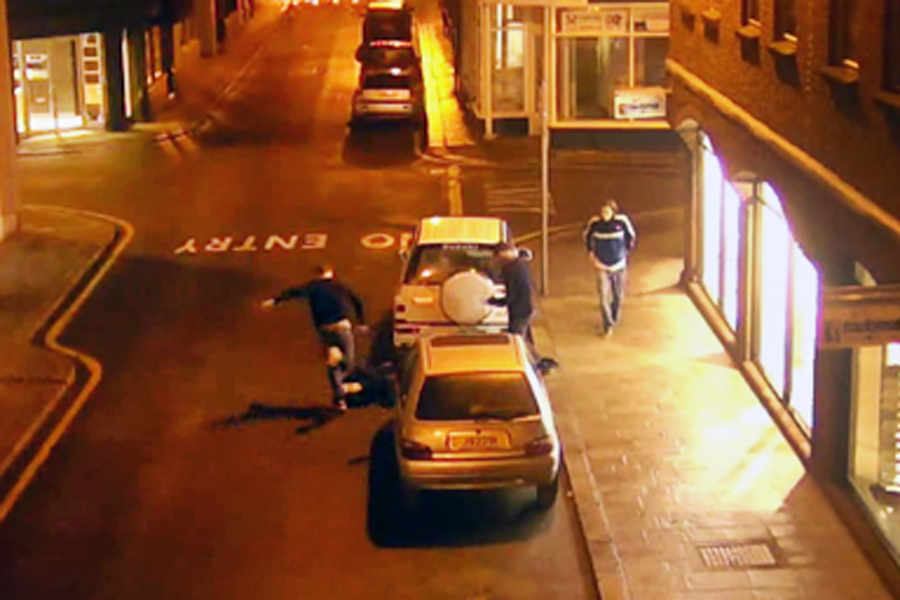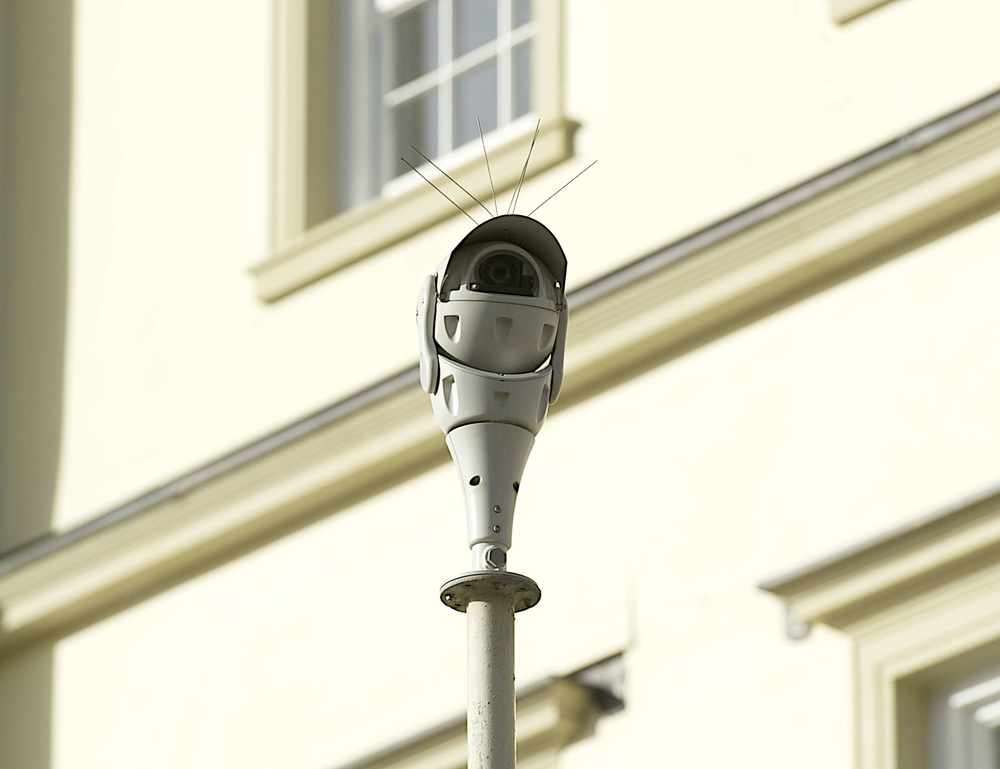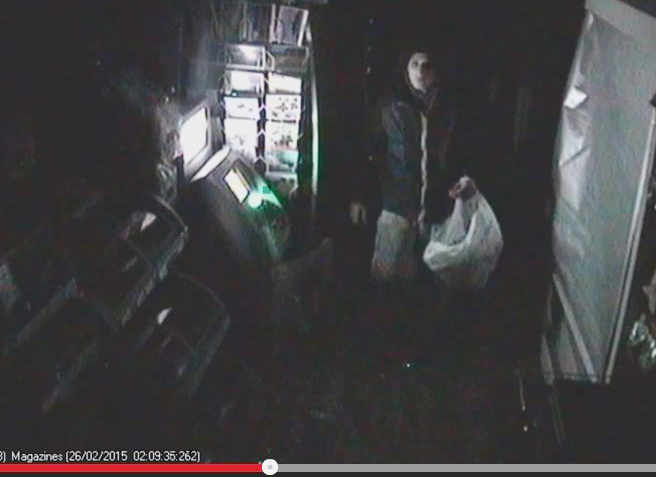THE States police have launched a public consultation following proposals to dramatically increase the number of surveillance cameras in major town locations.
The current network, which was installed in 1995, has 28 cameras, but the police are proposing to install another nine cameras and move two in an effort to improve their ability to prevent and detect crime.
The move comes after a review into St Helier’s crime hotspots identified potential gaps in the current network.
The police also identified issues of security, saying that increased surveillance on prominent buildings may reduce the threat of a terrorist attack.
FULL details of the proposals to extend the CCTV network can be found here
Anyone wishing to comment on the proposals should email sojp@jersey.pnn.police.uk and mark it for the attention of the data protection officer.
The closing date for comments is 18 December.
However, campaign groups opposing the use of CCTV cameras say that they are unnecessary for proper policing and should not be used in public places.
In 2013 the Education and Home Affairs Scrutiny Panel filed a review of the Island’s CCTV coverage aiming to ‘ensure that the use of camera surveillance is reasonable, justifiable and transparent’.
The States police have said that the recommendations made within the report have helped to form the current proposals.
However, the plans have come under fire from UK campaign group No-CCTV, who have said that extending the Island’s CCTV coverage is not acceptable and needlessly allows spying on law-abiding citizens.
Arguments for CCTV

Liberation Square
Currently this camera is on the old Tourism building. The police plan to move it to the traffic island in the centre of the road outside the Pomme d’Or Hotel.
Route du Port Elizabeth
This camera is currently outside the AquaSplash, but trees are now blocking the view. The police want to move it to the roundabout outside Maritime House.
Colomberie
Plans to install a new camera at the junction of Colomberie and Grenville Street.
Hill Street
Plans to install a new camera on the corner of Morier House.
David Place, Stopford Road, Victoria Street
Plans to install a new camera on the corner of the Royal Hotel.
Val Plaisant
Plans to install a new camera on the Rok Construction building.
Parade Gardens
There is already a camera nearby, but a new camera would be installed near the main entrance of Hospital.
West’s Centre
Plans to install a camera near the bronze cows.
Royal Square
Plans to install a new camera.
Odeon
Plans to install a new camera on the roof of the old Odeon building.
Magistrate’s Court and Cyril Le Marquand House
Plans to install a new camera.
St Aubin
Plans for a new camera on the former NatWest Bank building.
Gorey
Plans for a new camera near the Dolphin Hotel.
ACCORDING to the document which proposes the move, the expansion of the 20-year-old CCTV network is needed to improve surveillance in crime hotspots and provide coverage at sites which are potentially at risk from terrorism.
The States police have claimed that the current network of cameras has helped to ensure the safety of the public and assist in the prevention and detection of crime.
However, having identified some areas which they believe will benefit from increased CCTV coverage, the police are proposing to install several new cameras in various locations in St Helier, as well as a new camera to increase existing security measures in St Aubin and a CCTV unit in Gorey.
Chief Insp Chris Beechey said that the plan to extend the network – if given the go ahead – ‘would significantly enhance our ability to detect crime’.
‘Scrutiny were very clear that the public need to be part of the process and made aware of where the cameras are.
‘That is why we are asking for their opinions,’ he said.
‘We have a well-managed CCTV system and its importance has been seen in court on several occasions.
‘The cameras have helped to identify suspects and have been used as evidence in trials.’
In its consultation document, the police have identified key areas in town, including outside Morier House in Halkett Place, the States Chamber, the Royal Court and Magistrate’s Court, Parade Gardens and West’s Centre.
As part of the research, they have estimated how many incidents the new cameras could assist with.
They say that cameras at Parade Gardens and West’s Centre could assist with about 300 cases each year.
The police have also estimated that a camera at Morier House may assist with about 150 incidents a year and a CCTV unit at Colomberie could help with about 40 cases.
The consultation document also argues that the cameras could minimise any potential terror risk, saying that the national terrorism risk assessment is currently set at ‘severe’ and that key political or judicial institutions may present a target.
Arguments against CCTV
CRITICS of CCTV often say that it creates an environment where unnecessary and unjust snooping are permitted and that an over-abundance of security cameras restrict a person’s right to privacy.
UK-based campaign group No-CCTV has claimed that security cameras do little to prevent crime and that other methods, such as engaging with the public, are just as effective.
Charles Farrier, who helped to found the group in 2007, has said that the recent proposals made by the States police are ‘worrying’ and that the public should not be willing to accept surveillance as the norm.
He added that he believed that the public consultation launched by the police was ‘spin’ designed to make Islanders ‘comply with being watched’.
Mr Farrier said: ‘There have been several reports which have found that there is little evidence to suggest that CCTV does much to lower crime rates.
‘Cameras have not always been there, and crimes were still solved, so it is obvious that there are other methods available to the police which don’t involve surveillance.
‘There are other things the police can do which are just as effective.
‘There are ways of dealing with crime which do not require disengagement.
‘Talking and engaging with people is a better way of dealing with certain issues.’
The No-CCTV group has been involved with campaigns in towns and cities across the UK.
One of their most successful campaigns saw a number of CCTV and Automatic Number Plate Recognition cameras, which are used to read vehicle registration plates, removed in Birmingham.
Mr Farrier said: ‘A lot of people use the phrase “If you do nothing wrong, you have nothing to fear” but that is nothing more than a catchphrase.
‘It used to work that if you did nothing wrong, the state had no influence.
‘That is very different from saying that you have nothing to fear.
‘It is ludicrous to think that it is only criminals who want privacy.
‘Surely law-abiding citizens deserve to be left alone and free from surveillance.
‘We are increasingly moving towards 24/7 surveillance and that cannot be acceptable.’
The ‘pack of dogs’

EARLIER this year two teenagers were jailed and a third was given a probation order for a violent assault after CCTV footage captured them attacking a 31-year-old man in town.
The footage showed Alan Wilk-Weller, Zackary Ewens and Joshua Lister, all aged 18 at the time of the incident, launch a vicious attack on their victim, having chased him from Bath Street to Burrard Street.
Two of the defendants – Ewens and Lister – were arrested near the scene, and Wilk-Weller was detained the next day.
The police responded to the incident after spotting the three defendants on CCTV from the police control room while they were chasing the victim.
During the court case, Crown Advocate David Hopwood described the three teenagers as behaving ‘like a pack of dogs, pursuing a total stranger, cornering their quarry and then taking it in turns to beat him senseless’.
Wilk-Weller and Ewens were both sentenced to 12 months’ youth detention by the Royal Court and Lister received a 12-month probation order and 170 hours of community service for playing a lesser role in the attack.

Caught on camera
Earlier this year the police launched a Crimewatch-style gallery of people wanted in connection with a series of incidents.
Using the ‘caught on camera’ initiative, the States police upload CCTV pictures of suspects and witnesses wanted in connection with alleged crimes such as shoplifting, burglaries and assaults.
Within 24 hours of the scheme’s going live, two suspects were recognised and reported to the police.
A few weeks later a 41-year-old man was arrested on suspicion of stealing alcohol.
There are currently five images on the ‘caught on camera’ section of the police’s website.

The parish shop theft
A STUDENT who broke into a St John shop and stole cigarettes and alcohol worth hundreds of pounds was identified after police released a CCTV image inside the store.
In February Joshua Blake Zomparelli used a bottle to smash a panel in the door before filling several plastic bags with almost £1,200 worth of stock.
He was identified when one of his Highlands College lecturers recognised him after police released the image of him inside the store online.
The 18-year-old was sentenced to nine months’ probation and 120 hours of community service and was ordered to pay £1,000 in compensation.






